Research shows that students with autism and learning differences achieve the greatest levels of success when enrolled in individualized programs that address unique strengths and challenges. CIP benchmarks our outcomes to research as well as internally as a means of continuous quality improvement.
1 Source: College Internship Program Annual Parent/Guardian Survey data averages from 2021-2023. Average survey response rate of 83%.
2 Source: CIP’s Term Outcomes Reports 2022, 2023
1 Source: College Internship Program Annual Parent/Guardian Survey data averages from 2021-2023. Average survey response rate of 83%.
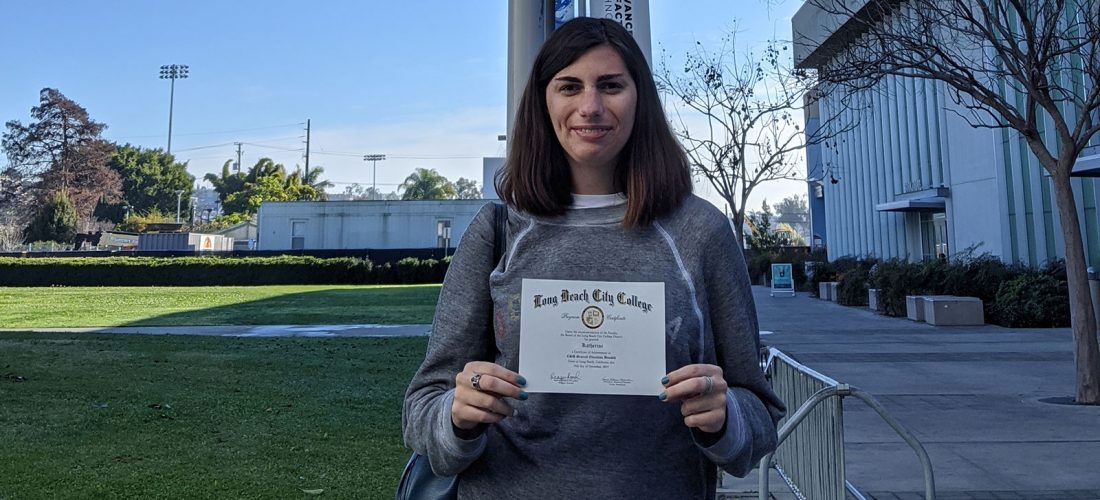
A comprehensive system that will enable each student to achieve academic success to their fullest potential.
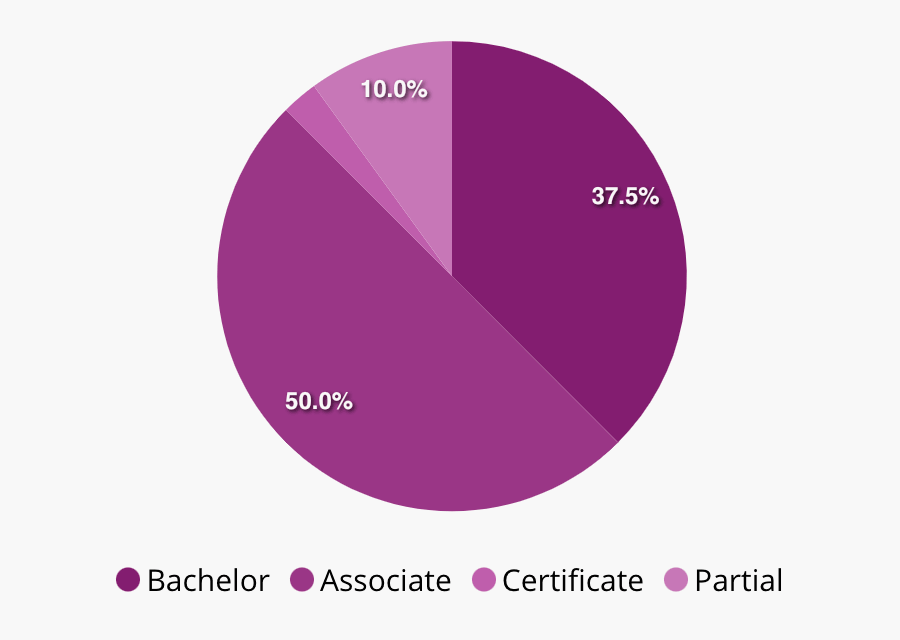
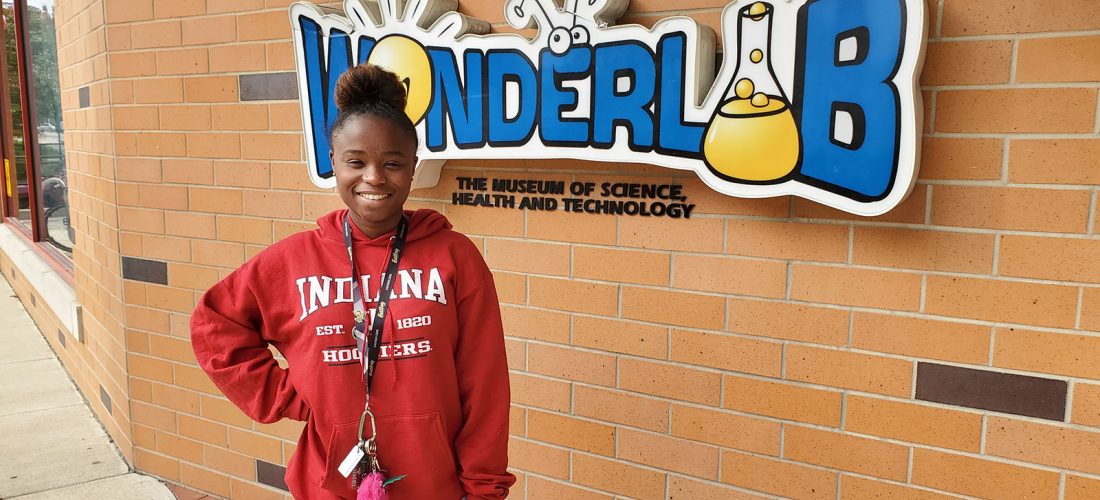
CIP’s Life Skills program helps students on the autism spectrum and with learning differences gain independent living competencies such as organizing, cooking, cleaning while living semi-independently in an apartment.
Apartments are furnished and each student has their own bedroom and shares common areas with at least one roommate.
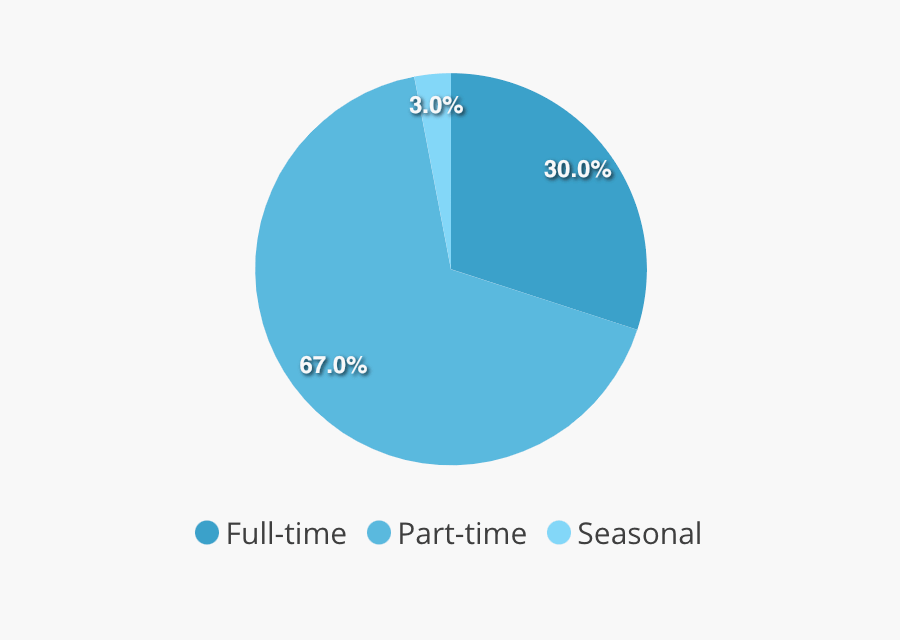
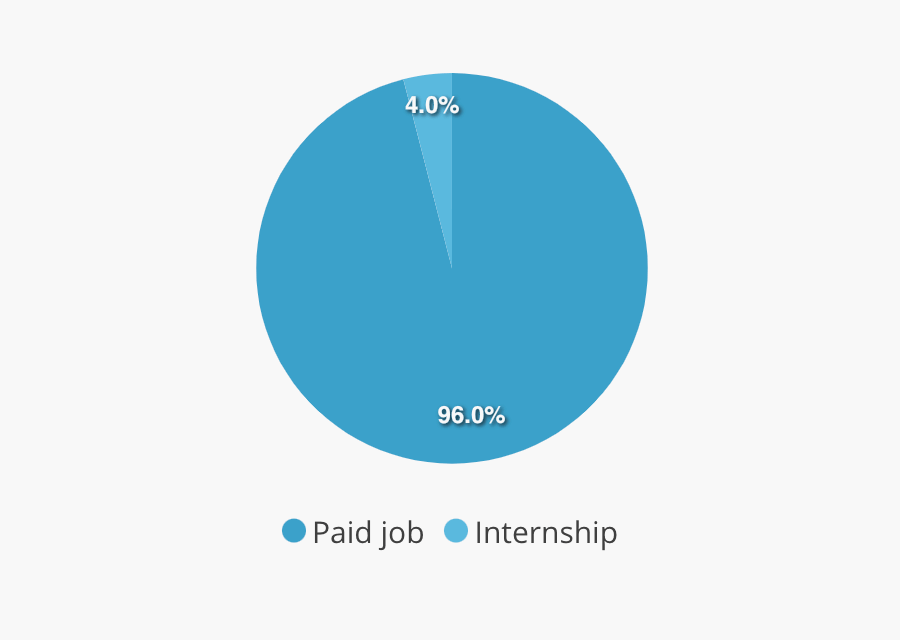
1 College Internship Program student data & alumni survey (2015)
3 USA National Longitudinal Transition Study–2 (NLTS2)
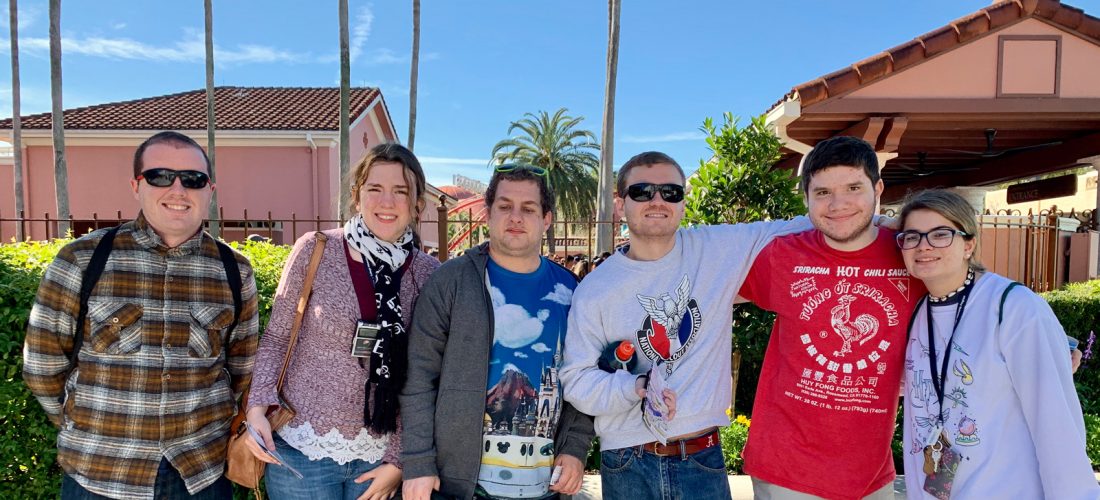
1 College Internship Program student data & alumni survey (2015)
2 Education’s National Longitudinal Transition Study-2 (NLTS2), in 2009 2
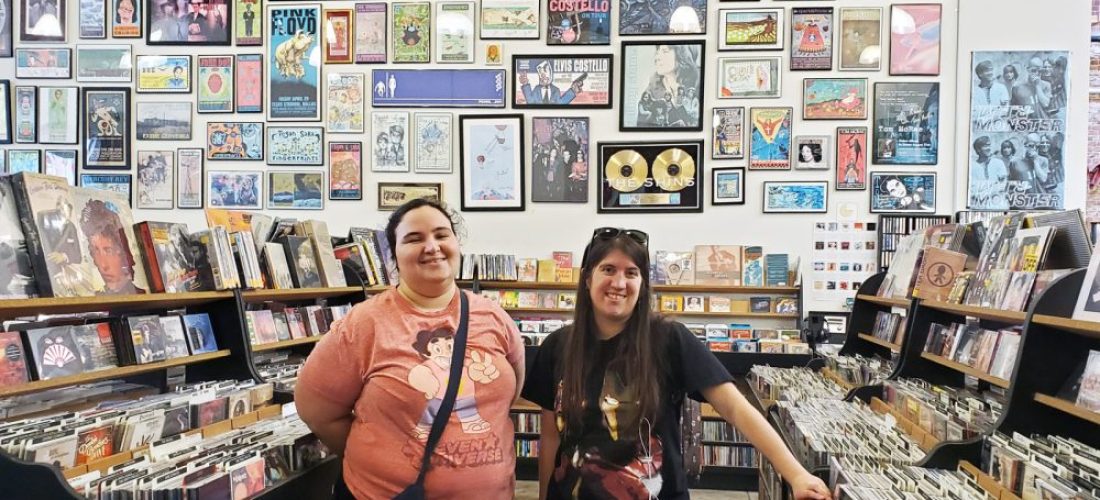
CIP’s Life Skills program helps students on the autism spectrum and with learning differences gain independent living competencies such as organizing, cooking, cleaning while living semi-independently in an apartment.
Apartments are furnished and each student has their own bedroom and shares common areas with at least one roommate.
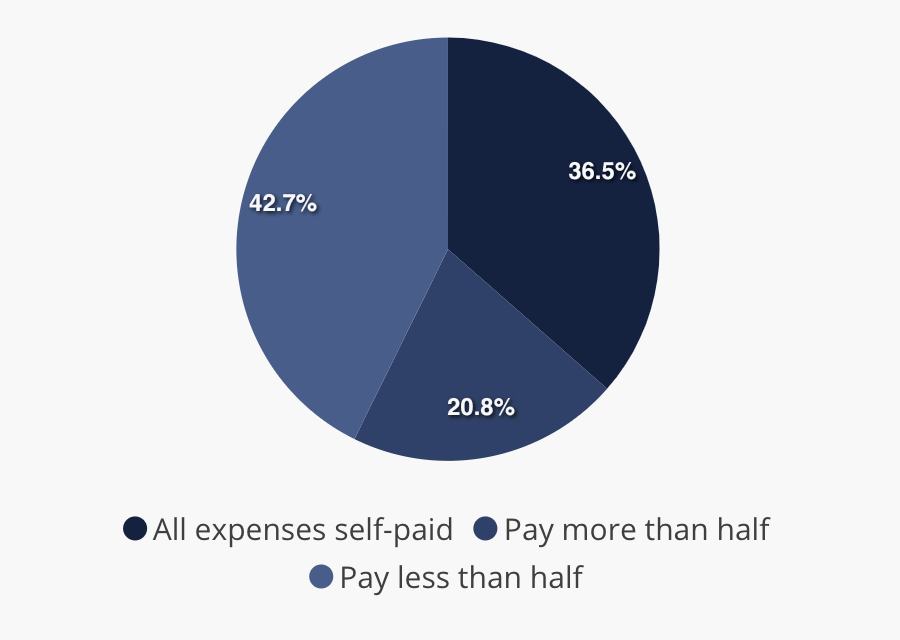
1 College Internship Program student data & alumni survey (2015)
2 The American Academy of Pediatrics study (2012)
Research shows that students with learning differences achieve the greatest levels of success when enrolled in individualized programs that address their unique strengths and challenges.
Improving upon the national trends and the patterns established in schools and programs prior to enrollment at the College Internship Program requires a curriculum that addresses best practice and, in some cases, a cutting-edge approach.
With the insights provided by our Founder, Dr. Michael McManmon, our CIP Professional Advisory Board, and by utilizing research-based approaches across many key domains within transition services, we have created a program that comprehensively addresses student needs for best possible outcome.
CIP students receive unparalleled support and guidance as they work their way through the program. Our program is also one that is constantly evolving as more is understood about learning differences and autism spectrum disorders.
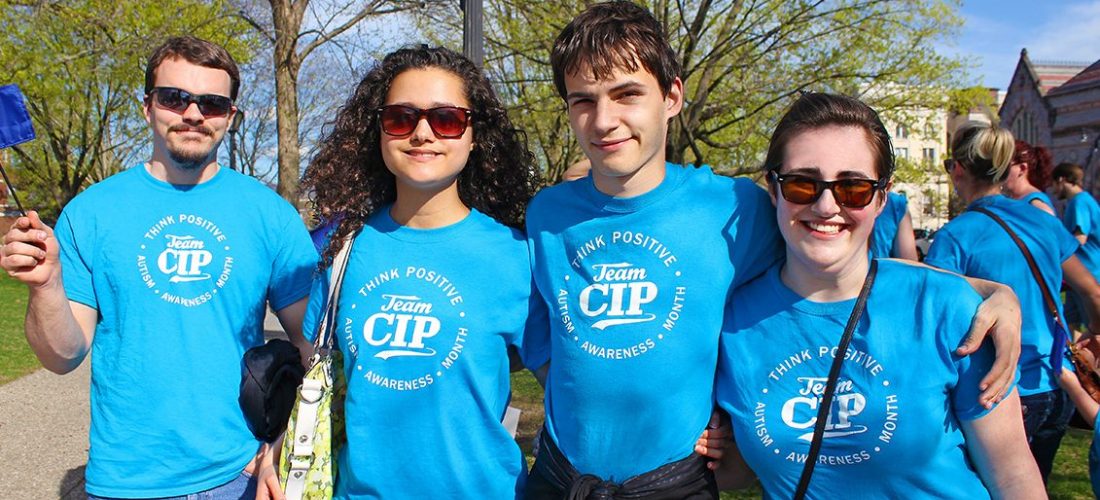
We’ve been helping young adults on the autism spectrum and with learning differences find success in college, employment, and independent living since 1984.
Learn more about one of the world’s most comprehensive programs for young adults with learning differences